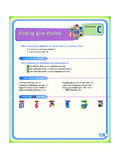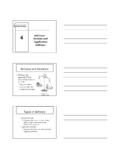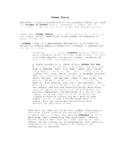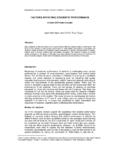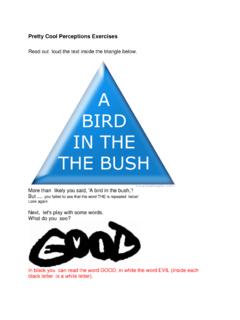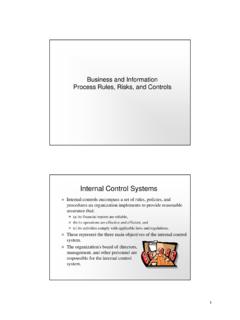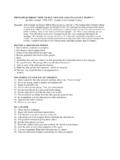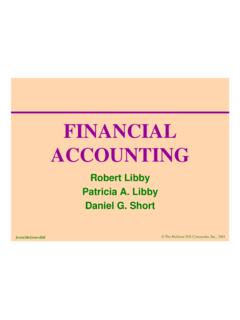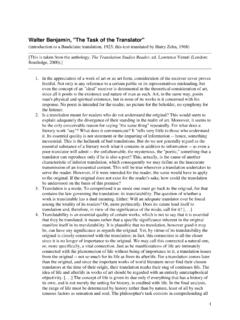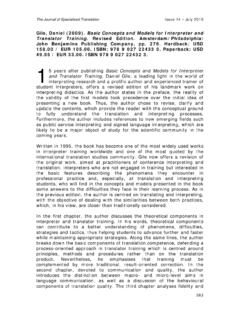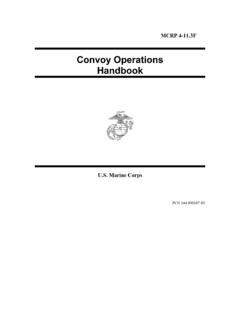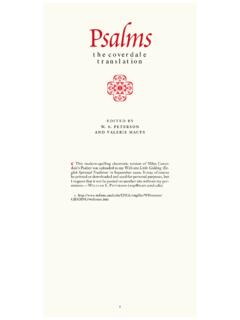Transcription of Powers of Horror; An Essay on Abjection
1 Powers OF HORROR An Essay on Abjection EUROPEAN PERSPECTIVES: A Series of the Columbia University Press Powers OF HORROR An Essay on Abjection JULIA KRISTEVA Translated by LEON S. ROUDIEZ COLUMBIA UNIVERSITY PRESS New York 1982 Library of Congress Cataloging in Publication Data Kristeva, Julia, 1941- Powers of horror. (European perspectives) Translation of: Pouvoirs de l'horreur. 1. Celine, Louis-Ferdinand, 1894-1961 Criticism and interpretation. 2. Horror in literature. 3.
2 Abjection in literature. I. Title. II. Series. 843'.912 82-4481 ISBN 0-231-05346-0 AACR2 Columbia University Press New York Guildford, Surrey Copyright 1982 Columbia University Press Pouvoirs de l'horreur 1980 Editions du Seuil AD rights reserved Printed in the United States of America Clothbound editions of Columbia University Press books are Smyth- sewn and printed on permanent and durable acid-free paper. Contents translator 's Note vii I.
3 Approaching Abjection i 2. Something To Be Scared Of 32 3- From Filth to Defilement 56 4- Semiotics of Biblical Abomination 90 5- .. Qui Tollis Peccata Mundi 113 6. Celine: Neither Actor nor Martyr 133 7- Suffering and Horror 140 8. Those Females Who Can Wreck the Infinite 157 9- "Ours To Jew or Die" 174 12In the Beginning and Without End .. 188 11 Powers of Horror 207 Notes211 translator 's Note When the original version of this book was published in France in 1980, critics sensed that it marked a turning point in Julia Kristeva's writing.
4 Her concerns seemed less arcane, her presentation more appealingly worked out; as Guy Scarpetta put it in he Nouvel Observateur (May 19, 1980), she now intro- duced into "theoretical rigor an effective measure of seduction." Actually, no sudden change has taken place: the features that are noticeable in Powers of Horror were already in evidence in several earlier essays, some of which have been translated in Desire in Language (Columbia University Press, 1980). She her- self pointed out in the preface to that collection, "Readers will also notice that a change in writing takes place as the work progresses" (p.)
5 Ix). One would assume such a change has made the translator 's task less arduous; in one sense it has, but it also produced a different set of difficulties. As sentences become more meta- phorical, more "literary" if you wish, one is liable to forget that they still are conceptually very precise. In other words, meaning emerges out of both the standard denotation(s) and the connotations suggested by the material shape of a given word. And it emerges not solely because of the reader's crea- tivity, as happens in poetic language, but because it was put there in the first place.
6 For instance, "un etre altere" means either a changed, adulterated being or an avid, thirsty being; mindful, however, of the unchanged presence of the Latin root, alter, Kristeva also intends it to mean "being for the other." This gives the phrase a special twist, and it takes a reader more imaginative than I am to catch it. As Kristeva's writing evolves, it also displays a greater variety viii translator 'S NOTE in tone. In this Essay it includes the colloquial and the formal, the lyrical and the matter-of-fact, the concrete and the abstract.
7 I resisted the temptation to unify her style and tried as much as possible to preserve the variety of the original. Only in a few instances, when a faithful rendition would in my opinion have sounded incongruous ( , translating petard, which she bor- rows from the text of a Celine novel, as "gat" or "rod"), did I consciously neutralize her prose. A particularly vexing problem stems from the nature of the French language and its limited vocabulary as compared to English; words tend to point in a greater number of different directions.
8 Usually, in expository prose, the context removes the ambiguities that poetic language thrives on. Kristeva is not averse to using polysemy to her advantage, as other French theorists like Derrida and Lacan have also done. The French word propre, for instance, has kept the meaning of the Latin proprius (one's own, characteristic, proper) and also acquired a new one: clean. At first, in Powers of Horror, the criteria of expository prose seemed to apply, but in several instances I began to have my doubts about this.
9 When I asked Kristeva which meaning she intended the answer was, both. As a result I decided to use the rather cumbersome "one's own clean and proper body" to render the French corps propre, sacrificing el- egance for the sake of clarity and fullness of meaning. Examining my translation carefully, one is apt to notice an- omalies in the text of the quotations. There are two reasons for this. When the original is not in French, Kristeva cites a pub- lished French translation and I refer to a published English one when available.
10 Discrepancies are inevitable and for the most part inconsequential. In the case of Freud's Totem and Taboo, however, the French version, in the excerpts quoted here, con- tains a couple of mistranslated words: Inzestscheu becomes "phobie de l'inceste" instead of the more accurate "incest dread," and Genussgefahig gets afflicted with the connotation of "objets comestibles" that belongs to Geniessbar instead of the more general and accurate "capable of enjoyment" of the Eng- lish version. While this has required some vocabulary adjust- ment, it does not affect Kristeva's argument.

